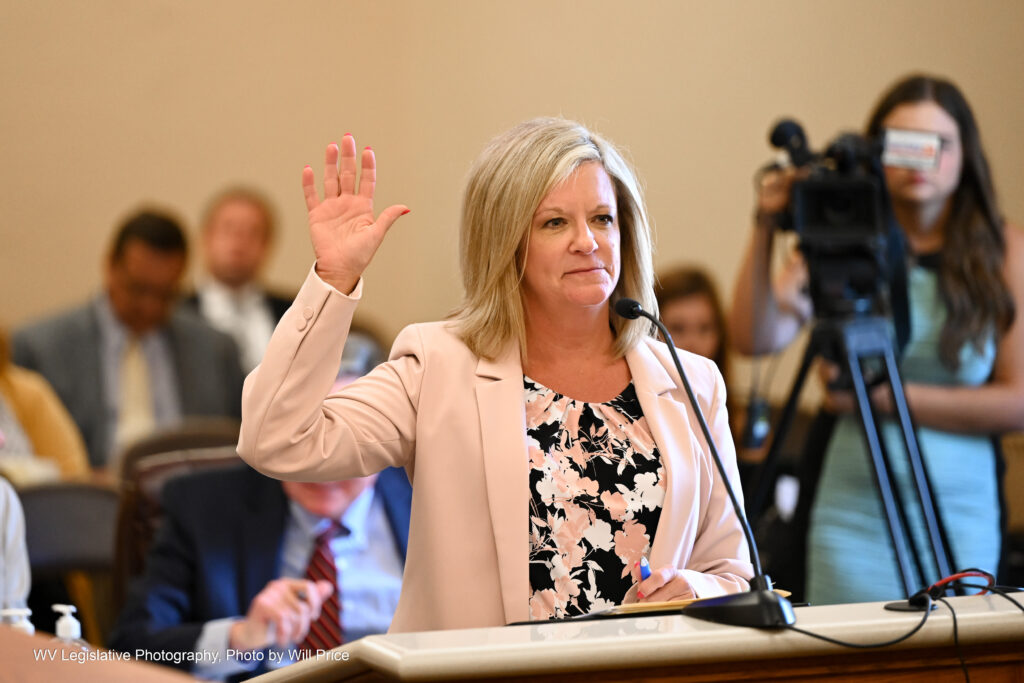As a side-effect of legislation passed earlier this year, 41 percent of special education aides in the state have moved into first grade literacy aide positions.
State Superintendent Michele Blatt told legislators during Monday’s meeting of the Legislative Oversight Commission on Educational Accountability that the shift is an unintended consequence of House Bill 3035.
The Third Grade Success Act is meant to address literacy and numeracy in early education by bringing more aides and specialists into first, second and third grade classrooms across the state. Implementation has begun this fall in first grade classrooms, with second and third grades to follow in the coming years.
Blatt said the data is based on a survey of 48 counties, and represents some 249 aides that have transferred out of special education.
Sen. Amy Grady, R-Mason, said legislation often creates unforeseen issues, but keeping special education aides needs to be addressed.
“We need to find a way that we can entice them to stay in those harder positions,” Grady said.
Del. Sean Hornbuckle, D-Cabell, asked how the special education aides were being replaced.
“Many of them have been replaced with people, new positions, people trying to get into the system,” Blatt said. “We can follow up and see how many of those are actually still shortages, but I do know, we still have some shortages and some day to day subs in those classrooms.”




















